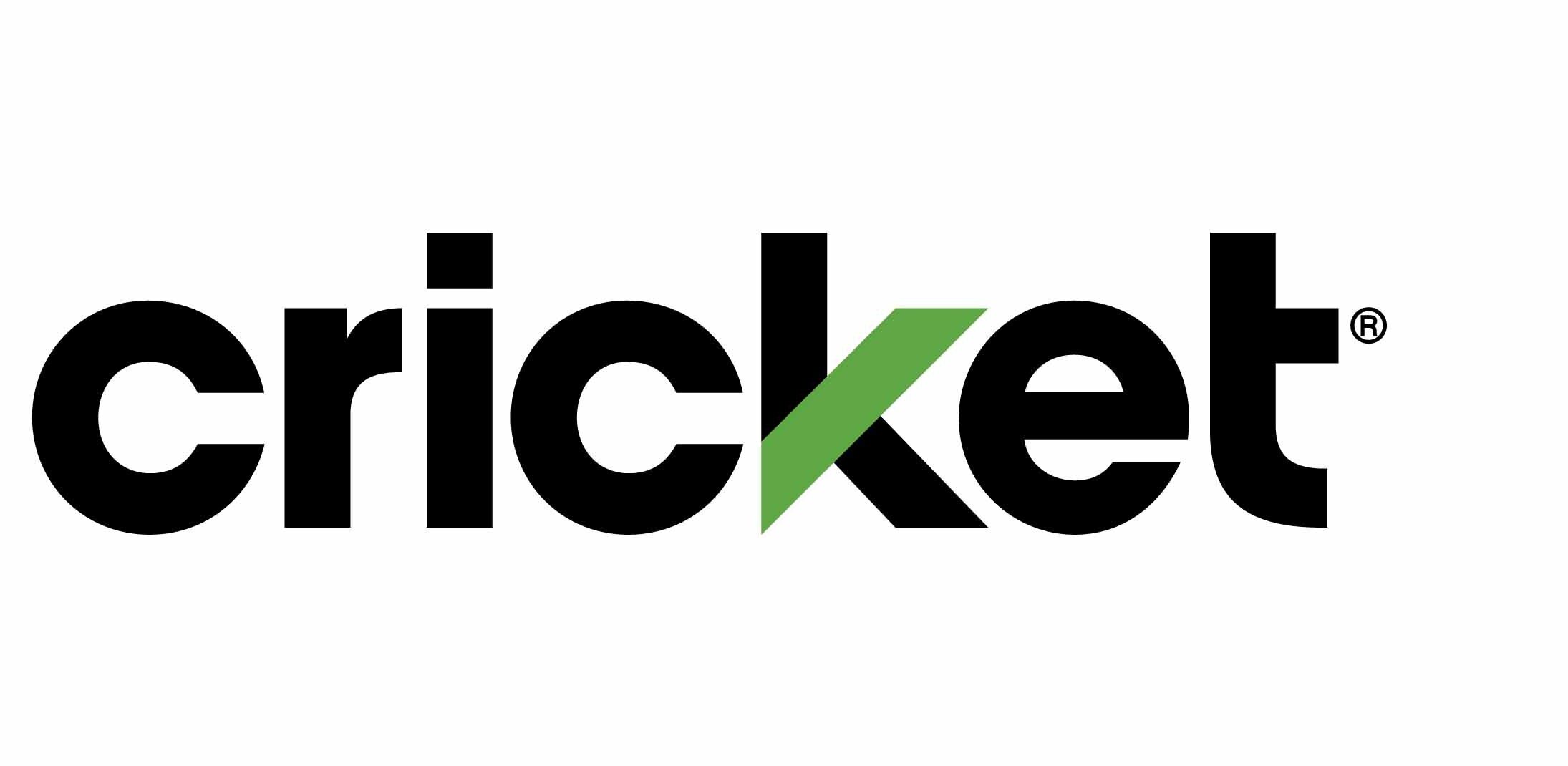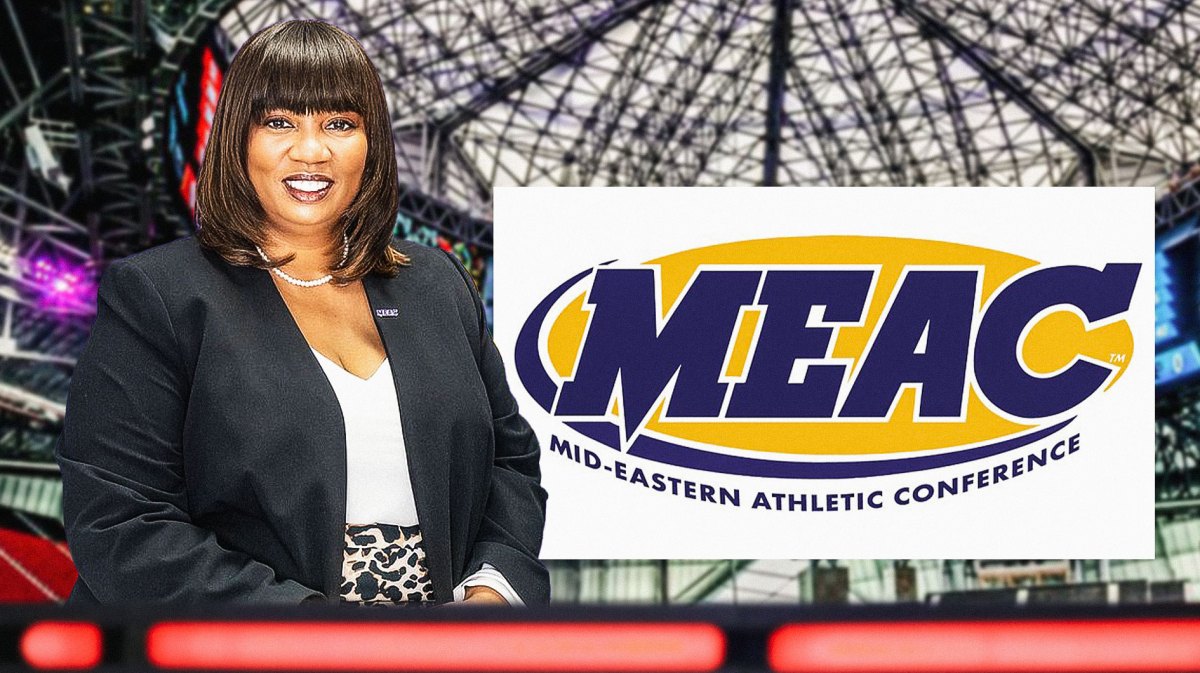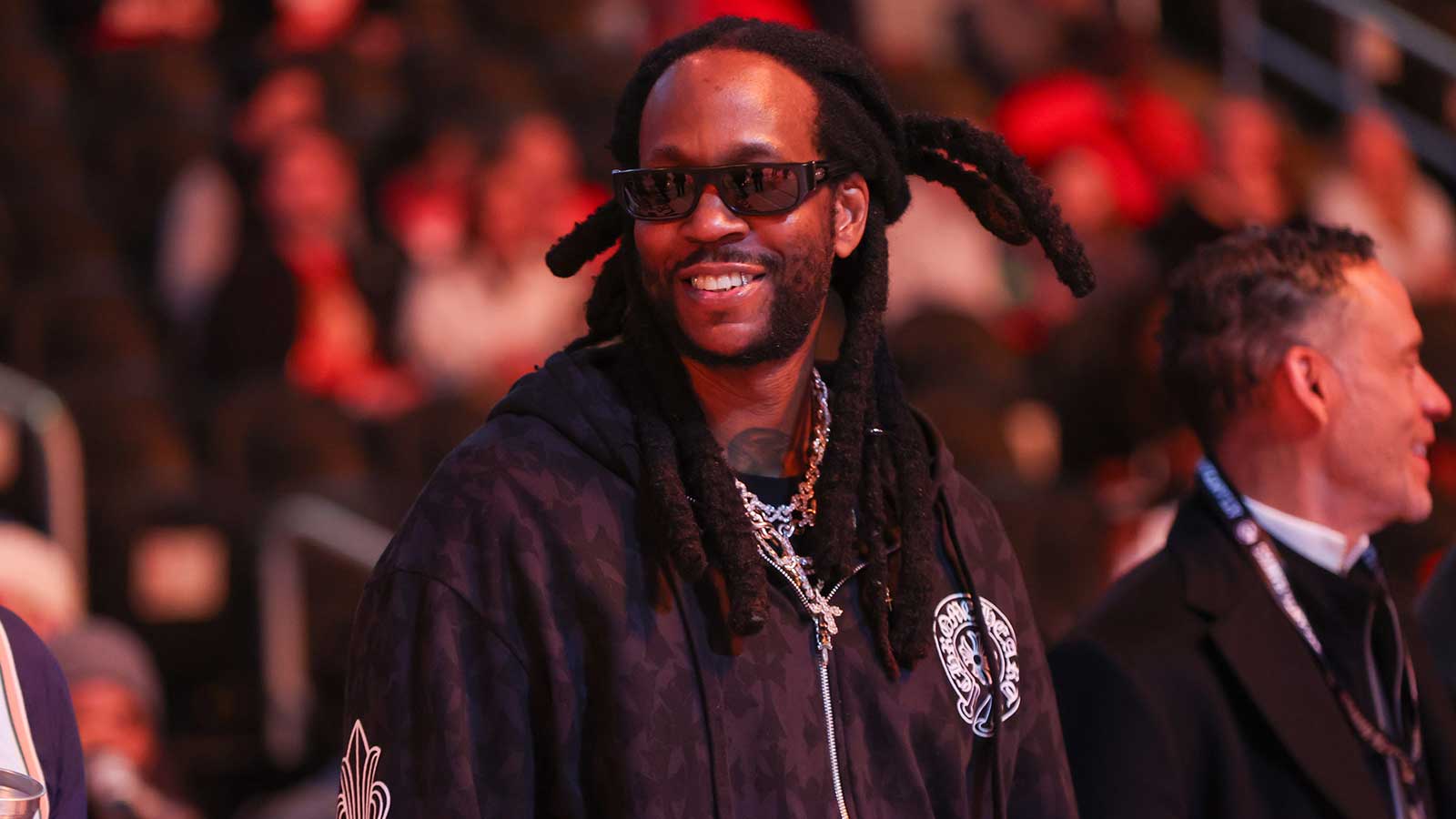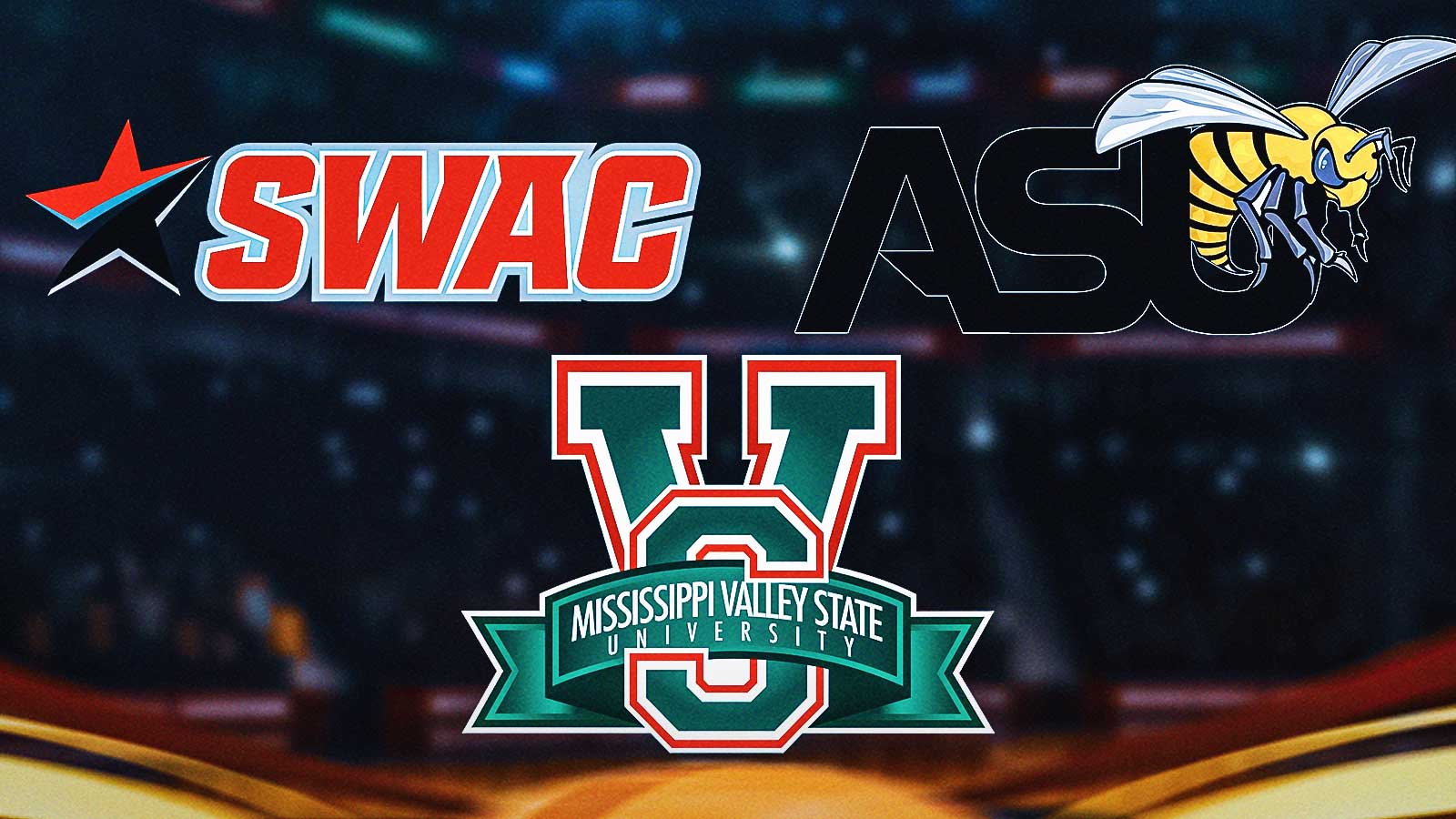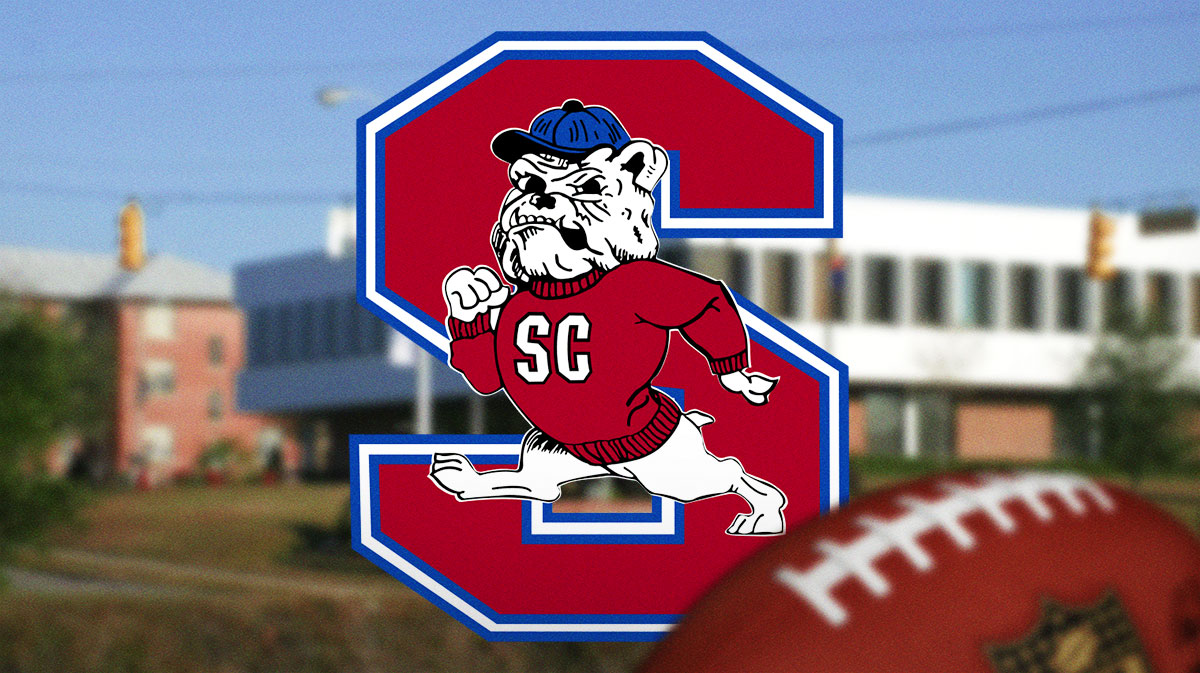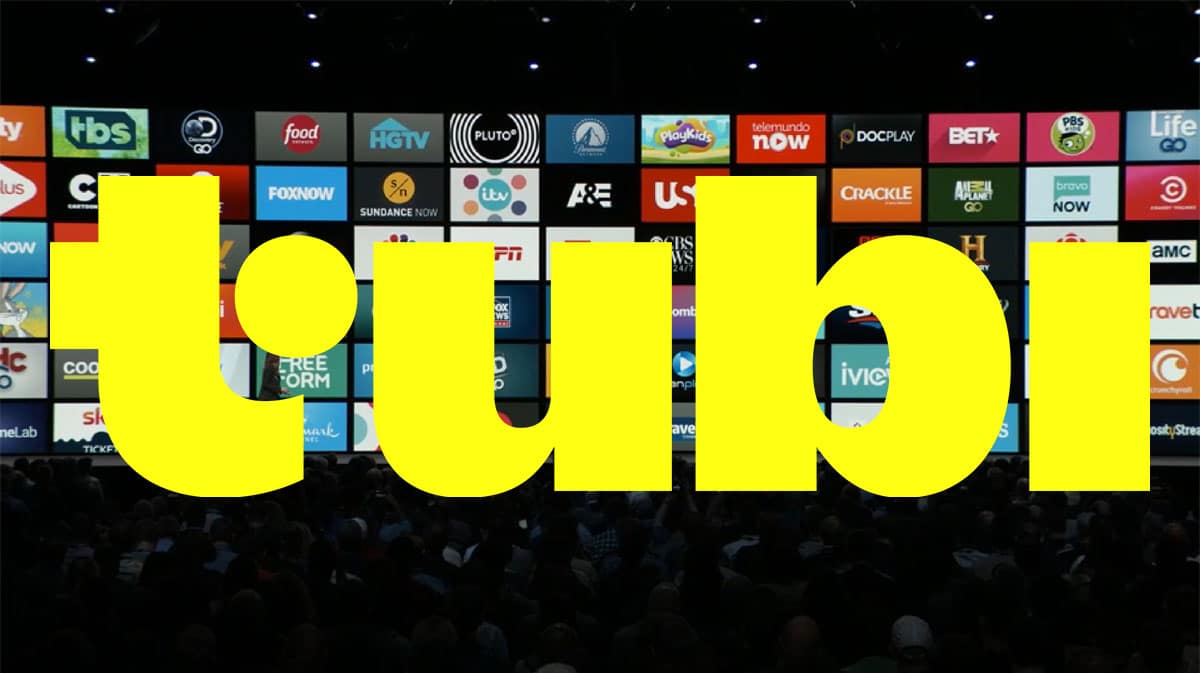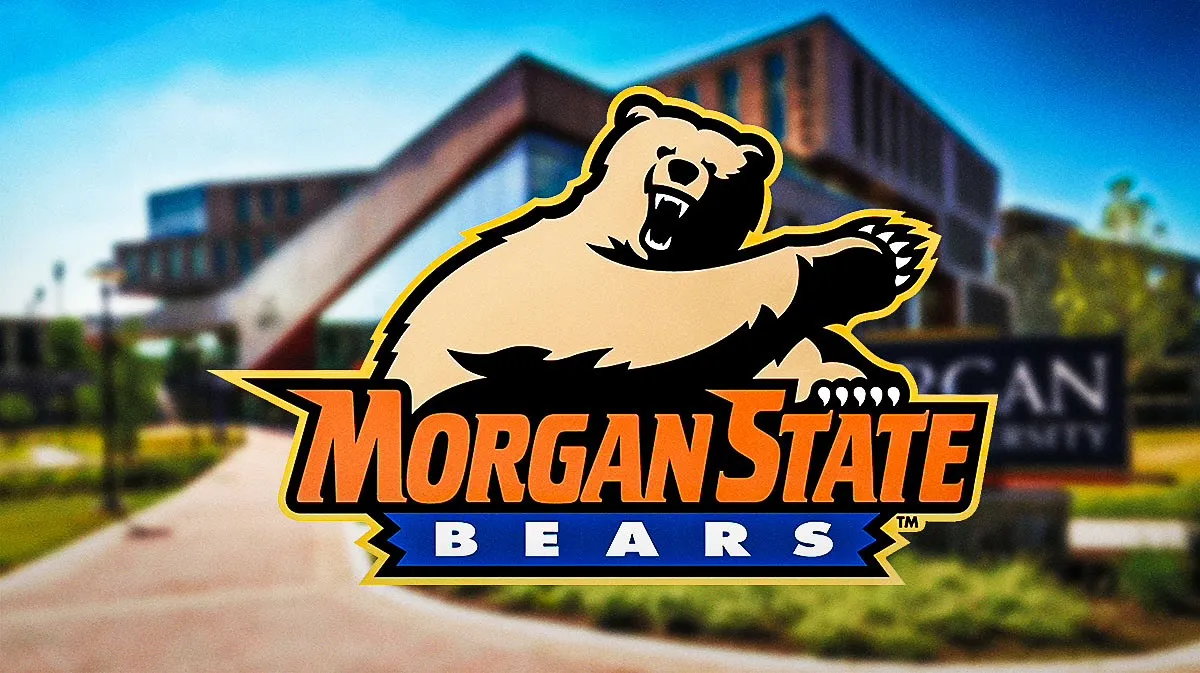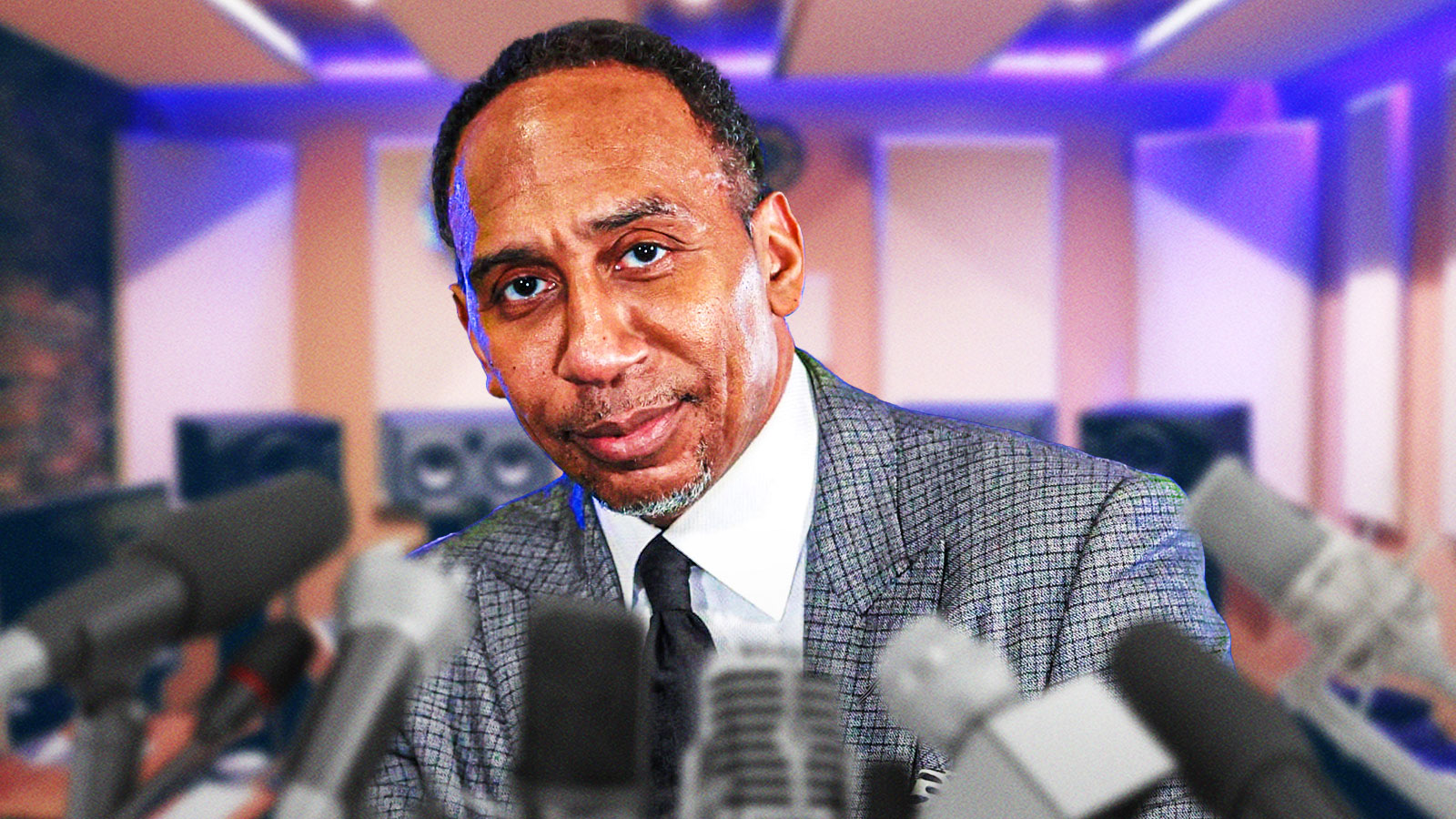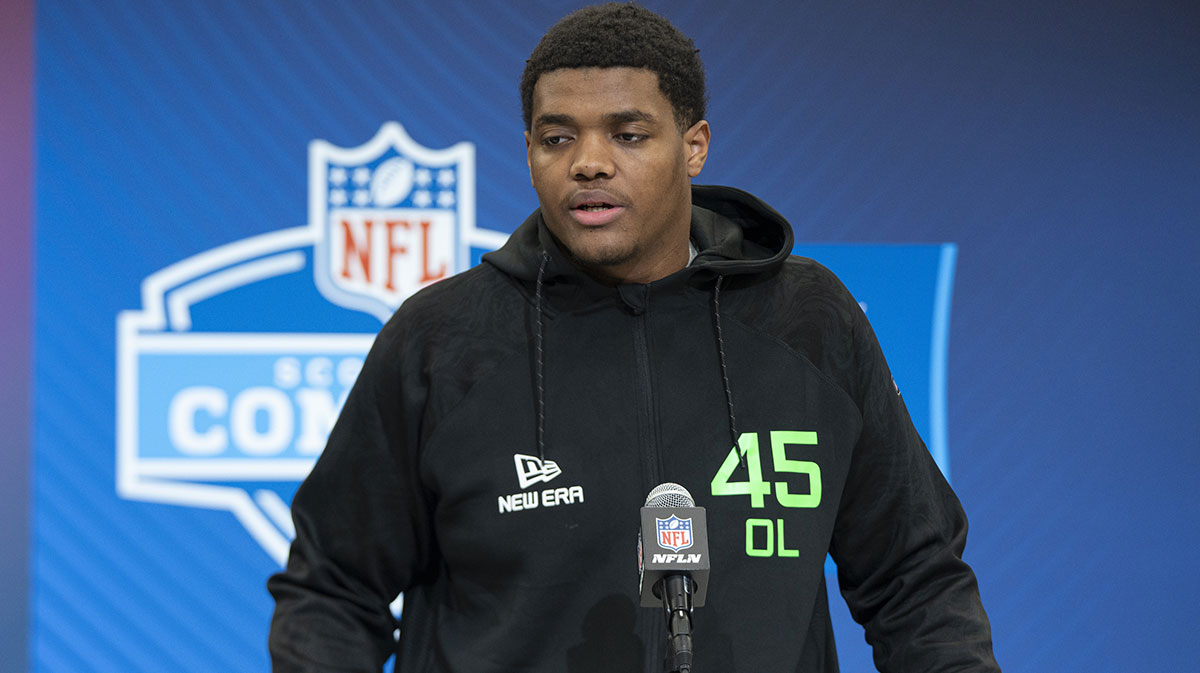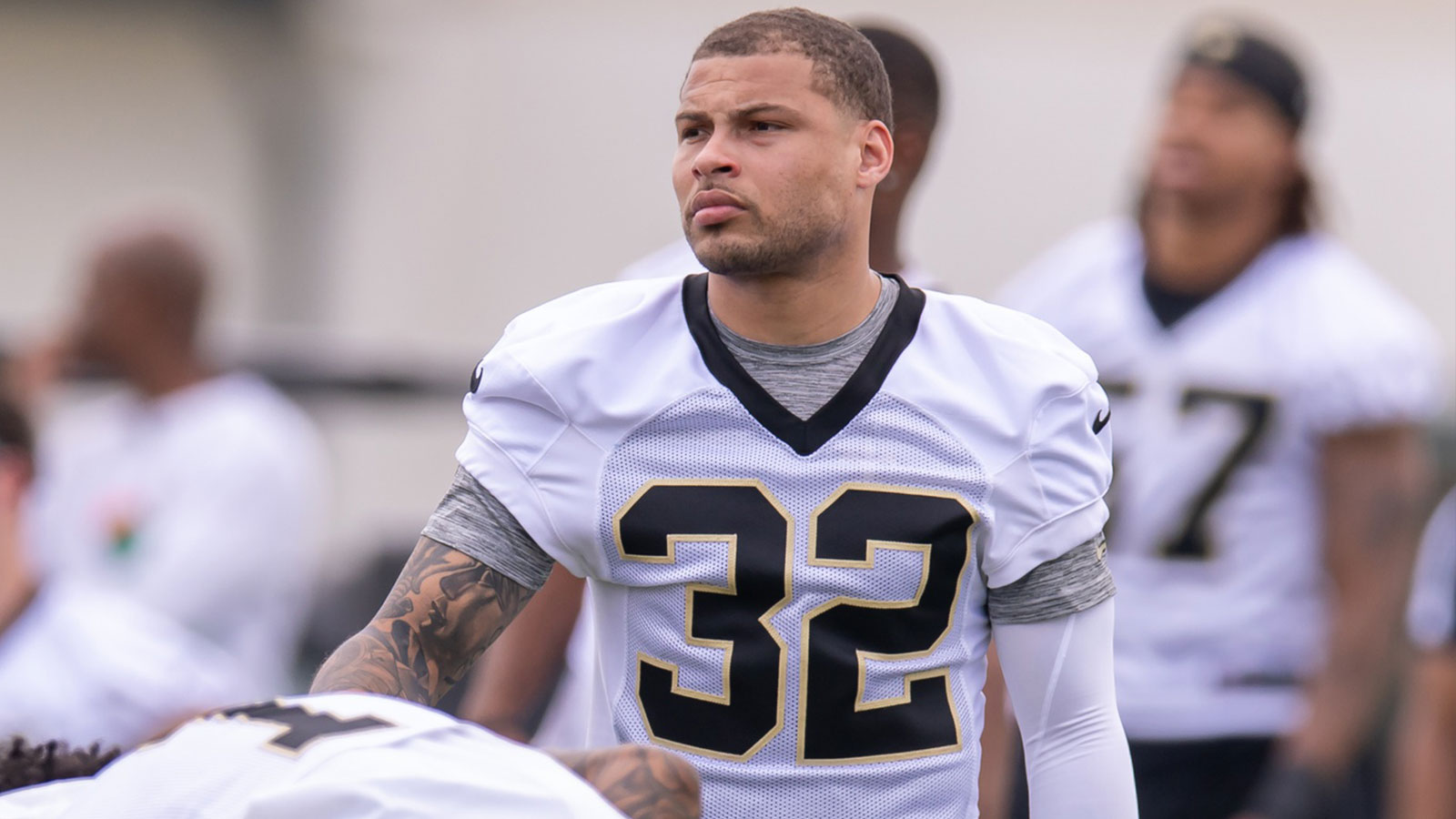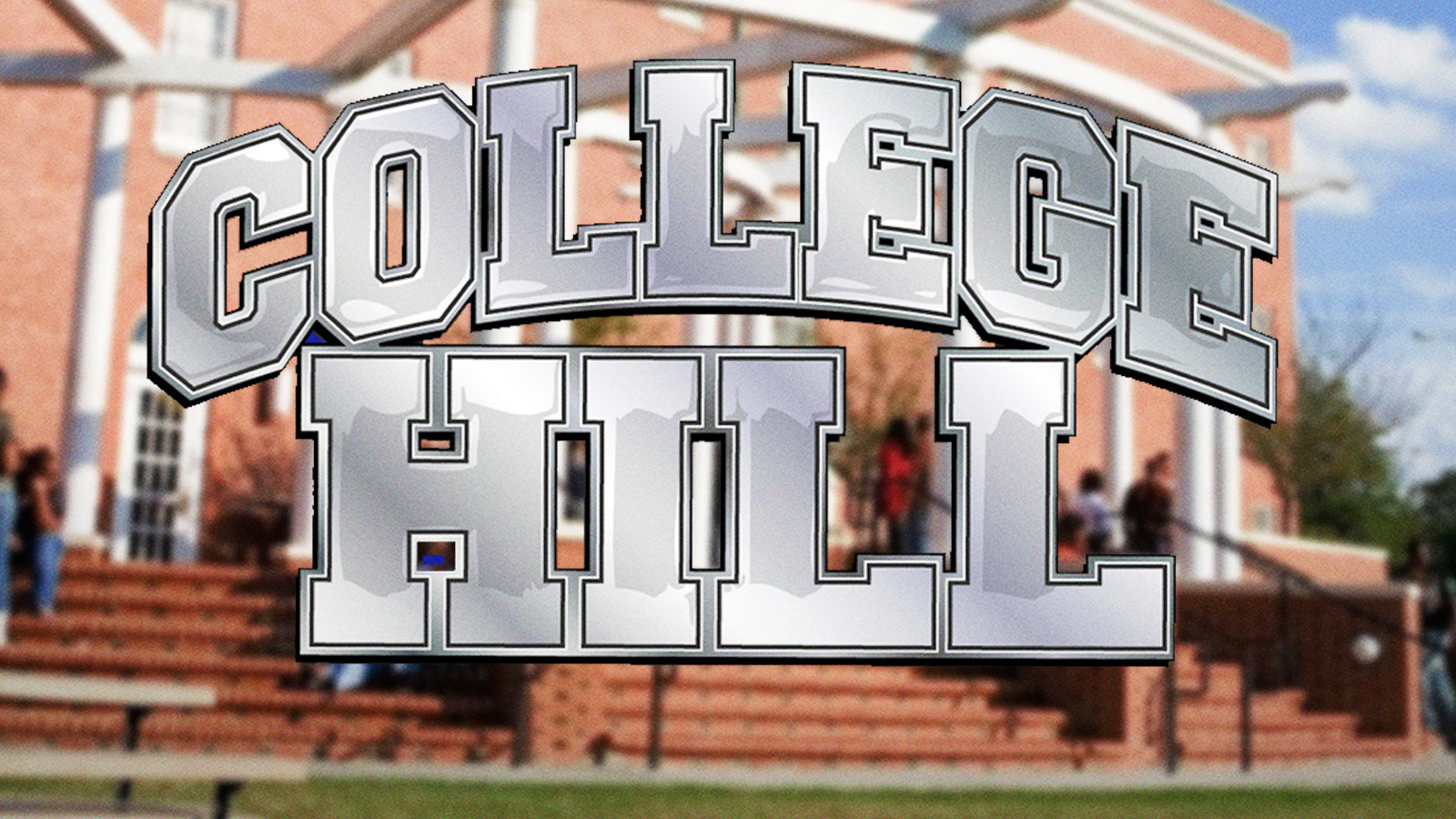College athletics are undergoing rapid transformation, which has been evident in recent years. Changes like conference realignment, media rights, the advent of NIL, and the potential reclassification of college athletes as employees mark a pivotal moment for the NCAA and its sports landscape. Amidst these shifts, HBCU conferences like the SWAC and the MEAC remain steadfast.
The success of these conferences is undoubtedly rooted in their historical foundation. Yet, the prosperity of these Division I conferences and their member institutions hinges on their capacity to innovate. Innovation played a pivotal role in the inception of the MEAC/SWAC Challenge in 2005, a premier event in college football held in Week 0 as a prelude to the season.
Innovation played a pivotal role in establishing the Celebration Bowl, now in its ninth year. As the sole FCS Bowl game, the Cricket Celebration Bowl offers HBCU football programs a unique platform to showcase their brands to a national audience on ABC, marking the beginning of the Bowl season.
Amidst the evolving college football landscape, HBCU conferences like the SWAC and MEAC face the challenge of innovating while honoring their historical roots. The expansion of the College Football Playoffs and the transformation of the Bowl Game System serve as prime examples. However, this growth has had a varying impact on the SWAC and the MEAC.
The rescheduling of the Celebration Bowl as a result of the College Football Playoff expansion has led to the SWAC Champion losing a crucial week of rest and preparation before the HBCU National Championship game. This alteration has sparked a spirited debate within the HBCU sports community regarding the potential influence of this change on the game's outcome.
During the significant conference realignment, there has been intense discussion on the role of HBCUs. Conversations have revolved around Division II teams transitioning to FCS and the potential for an HBCU to move up to the FBS, sparking continuous debate on these possibilities.
With the Cricket MEAC/SWAC Challenge just a week away, HBCU Pulse had the privilege of interviewing MEAC Commissioner Sonja Stills. Our conversation with Commissioner Stills delved into topics such as the rescheduled date for the Celebration Bowl, potential conference expansion, and more.
Our conversation is below.
HBCU: ESPN has announced that the Celebration Bowl has been moved up a week and will be held on December 14th at 12 PM due to the expansion of the College Football Playoffs. What are your thoughts on this?
SS: This change was made to better position the Celebration Bowl within the larger bowl game schedule and we are aligned with ESPN’s decision. As it currently stands, it will be one of just two bowl games to take place on December 14, meaning there’s a higher likelihood that fans who are hungry for football will tune in to watch our student-athletes compete. Having our own corner of the bowl season schedule carved out has a very positive impact on the Celebration Bowl not getting lost in the clutter and putting the competing MEAC and SWAC institutions in the spotlight during a pivotal time in the college football season. In 2022 the Celebration Bowl was the highest-rated college football game of the day and last year had the third-highest viewership and we’re expecting strong viewership numbers again for this year’s game with the earlier date.
HBCU: Do you think the MEAC not having a designated conference championship game gives it an edge over the SWAC, which hosts the SWAC Championship Game?
SS: The football programs that have built a 6-2 overall record for the MEAC in the Celebration Bowl have shown that our regular season schedule is a strong test to determine who the deserving MEAC participant is each year. It’s always fun finishing the season with the best teams in the MEAC and SWAC matching up against each other and we never doubt the abilities of our conference representative to make us proud. Giving our conference champion that extra time to rest, recover and prepare is certainly impactful to their performance in the Celebration Bowl, but I think once the two teams step on the field, given the magnitude of this game, they are ready to play no matter when their last game occurred.
HBCU: Is the MEAC open to creating a football championship game to determine the conference representative in the Celebration Bowl?
SS: It could be a possibility down the road if we stay focused on our strategic plan. We are always listening to our membership and evaluating how we can evolve and improve the competitive balance for our member institutions and increase exposure for them and the conference. But right now, we are happy with the current structure of our football season.
HBCU: How does the Celebration Bowl benefit the MEAC as a conference?
SS: In a variety of ways. The game being televised on ABC draws a national TV audience that we wouldn’t normally get during the regular season. The revenue from the broadcast deal with ESPN, which has been so supportive of the MEAC and HBCU conferences in general, allows us to share revenue with our member institutions. It also creates valuable exposure for the conference and the participating schools among fans that might not have tuned in to any regular season games or been familiar with our brand of football previously. Year in and year out the Celebration Bowl is one of the most viewed bowl games of the day, which is a testament to the popularity of this rivalry. Most importantly, it gives our student-athletes a bowl experience that they would not have without forward thinking of creating this event for two Division I HBCU conferences.
HBCU: Last year’s Celebration Bowl suffered a slight dip in viewership to 1.5 million viewers. However, the game still was the third most-watched college football game of the day amongst both FBS and FCS games. Do you believe that television viewership is an indicator of the success of the game?
SS: It is definitely important to pay attention to, but it is not the only metric we focus on. That said, despite last year’s dip, each year the Celebration Bowl is consistently one of the most watched college football games of the day. In 2022 it had the highest TV rating of all games played that day with 2.42 million viewers and in 2021 had 2.59 million viewers. Attendance is another indicator that underscores the popularity of this game. Over the last three years the Celebration Bowl has an average attendance of 46,000, which ranks very high among all bowl games. It certainly shows that there is an appetite among college sports fans to see more HBCU football.
HBCU: What are your thoughts on expanding the Celebration Bowl to a 4-team playoff similar to the previous edition of the College Football Playoff?
SS: In essence, that is what the addition of a MEAC Championship game would provide, as it’d add a fourth hopeful between the MEAC and SWAC championships. I feel that our current conference schedule does a great job of identifying the deserving MEAC football program to represent the conference in the Celebration Bowl, but we will always be looking for ways to maximize the opportunities for our student-athletes to showcase their talents in front of a national audience.
HBCU: Do the movements of Power 5 schools (desolation of the PAC-12, Big 10, and SEC super-conferences) have any effect on the MEAC/SWAC relationship, or Division I HBCUs in general?
SS: Our relationship with the SWAC and other HBCU conferences remains strong and with the creation of the HBCU 4 Power group (CIAA, MEAC, SIAC and SWAC) speaks to that relationship. While we are competitors on the field of play, we enjoy seeing each other’s successes continue to grow. We have always believed in the strength of our conference and our HBCU peers and, as such, we are incredibly proud of the steps we have taken to push our member institutions and student-athletes further into the national spotlight.
HBCU: Is there a realistic path to HBCUs moving up from the FCS to the FBS and do you believe that it will be a benefit to the institutions and football programs?
SS: The talent at HBCUs will always be there whether or not the programs are playing at the FCS or FBS level. In terms of benefits, it is more a matter of the exposure being provided to these student-athletes for them to be seen at the national level. Revenue from broadcast deals helps us strengthen resources for these programs and support their on-field success. Our TV schedule for the football season will have 45 of our 55 regular season games televised and/or streamed across ESPN+, ESPNU and ABC. The Cricket MEAC/SWAC Challenge kickoff is scheduled for Week 0’s opener between Norfolk State and Florida A&M and it will air for the first time on ABC. This is the type of recognition and progress we are continuing to strive for every day.
HBCU: Do you envision the SWAC & MEAC combining forces to create a super conference, boosting viewership, reach, and attendance?
SS: I, along with our member institutions’ leadership, remain committed to ensuring the health and stability of our school athletic programs as members of the MEAC. We believe in spirited competition and have not seen a reason to entertain a consolidation of conferences. As evidenced by annual competitions such as the MEAC/SWAC Kickoff Challenge, the Celebration Bowl and the Michal B. Jordan Legacy Classic, we’re always looking for scheduling opportunities for MEAC and SWAC schools to compete against each other across multiple sports. I’ve always felt that a rising tide lifts all boats – exposure for the MEAC helps the SWAC just as exposure for the SWAC helps the MEAC.
HBCU: Any plans to elevate Division II HBCUs?
SS: Our main priority is supporting our eight current member institutions’ athletic programs and their student-athletes to the best of our ability – that will always be our number one focus. Maintaing focus on our strategic plan, we want to maintain the strength of the conference in its current form, but should the opportunity present itself for us to add members who we feel will be a good fit for the MEAC athletically, academically and culturally while strengthening our brand, we will evaluate these options to determine what is feasible for the MEAC and a prospective new member.
HBCU: Where do you see the MEAC by 2030?
SS: My hope for the MEAC is to increase national exposure for our student-athletes and member institutions. We will continue to tell our story creatively and graphically to show that HBCUs are a viable choice athletically and academically. We will find ways to elevate our talented student-athletes not only of the field but also in the classroom.

